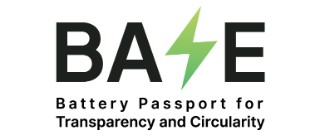The projects we work on and those we have completed are the best references for our research work. Fraunhofer SCAI is involved in numerous projects funded by the German Federal Government and the European Commission. The list below presents the projects chronologically – new projects first. You can sort the list by selecting categories.
Do you have any questions? Please feel free to write us:







